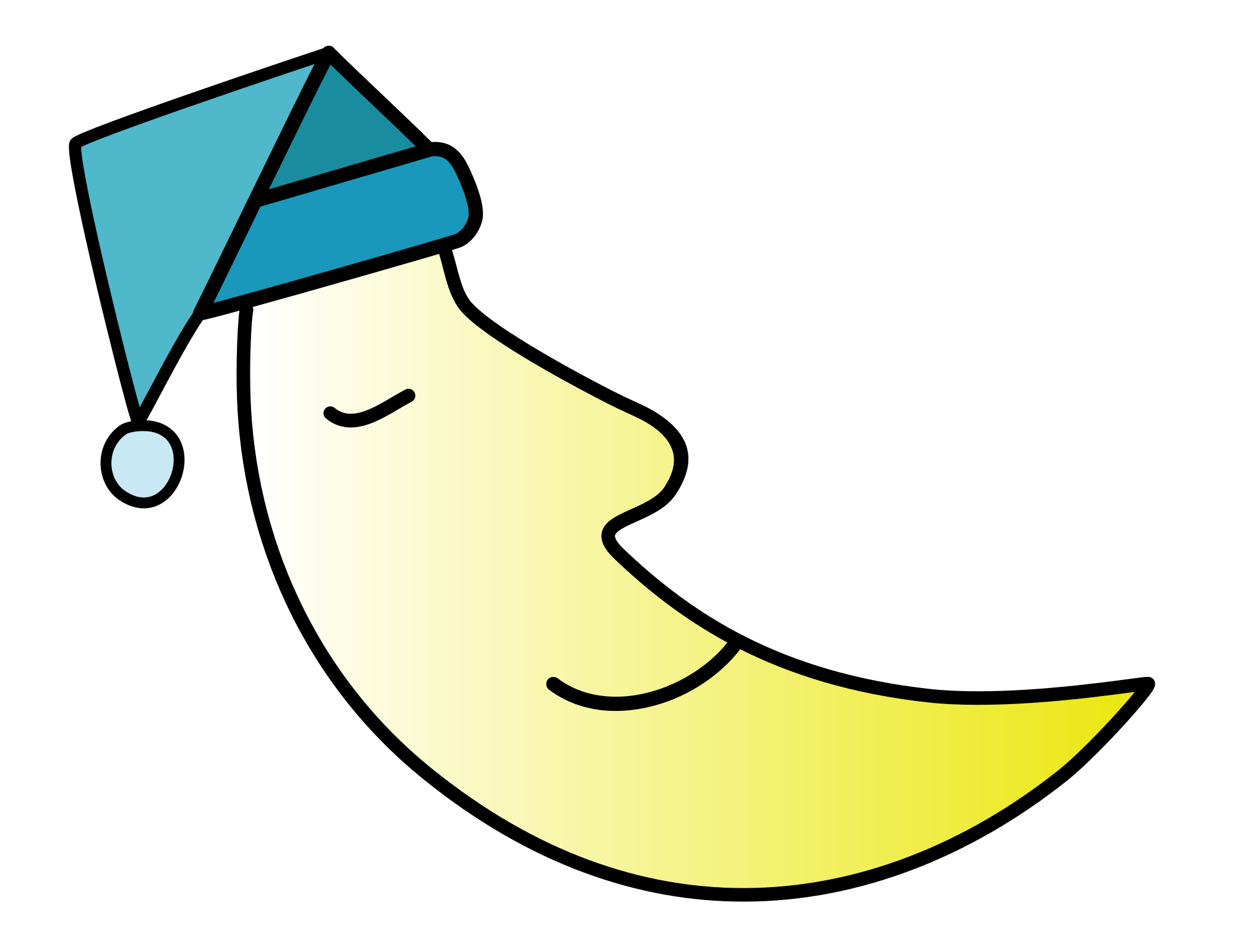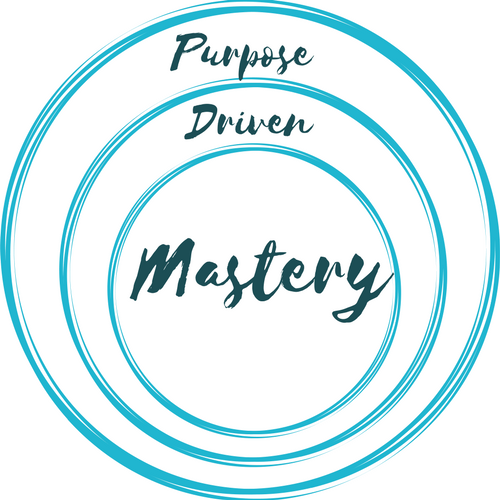 “Sleep is that golden key that ties health and our bodies together.”
“Sleep is that golden key that ties health and our bodies together.”
― Thomas Dekker
The Different Stages of Sleep
According to the National Sleep Foundation, you may need to sleep for seven to nine hours per night.[1] Despite having enough sleep, have you ever felt tired in the morning?
Low-quality sleep may be your cause.
During sleep, your brain goes into sleep cycles that alternate between non-rapid eye movement (non-REM) and rapid eye movement (REM). For non-REM sleep, there are three stages ranging from light sleep (stage 1) to deep slow-wave sleep (stages 3 and 4).

Initially, the sleep cycle starts with stage 1 of non-REM sleep, followed by stages 2, 3, and 4 of non-REM sleep, and finally reaches REM sleep, which lasts about 90 minutes.
Each subsequent sleep cycle last about 120 minutes but with a longer length of REM sleep.
 The sleep cycle, REM indicated in red.
The sleep cycle, REM indicated in red.
The Importance of Sleep
Each stage of sleep is key to fulfilling the physiological and neurological functions of a healthy body and mind. If any of the sleep stages are missed or sleep is interrupted, some physiological functions won’t be performed. Hence you may feel tired and groggy despite sleeping enough hours.
When you maximize REM sleep, all other stages will also be optimized. During sleep, the body also goes into recovery and rebuilding mode by executing the following:
- Rebuilds muscles
- Removes toxins in the brain such as beta-amyloid
- Synthesizes essential hormones
- Boosts immune function
- Consolidates memory
Without sufficient sleep, your body will have increased levels of cortisol, a stress hormone in the body. In addition, low energy, poor focus, and a higher possibility of fatigue are direct results of sleep deprivation.
The Benefits of Sufficient High-Quality Sleep
When well-rested, you will experience the following benefits:
- Have better physical performance.[2]
- Improve memory.[3]
- Enjoy better moods.[4]
- Enhance immune system functions.[5]
- Lower levels of systemic inflammation.[6]
- Increase your lifespan.[7]
- Better abilities to learn[8] and solve problems[9] more effectively.
How to Get Your Best Night of Sleep
To increase your sleep quality:
- Dim the lights in your surrounding environment as you prepare for sleep.
- Reduce screen time an hour before bedtime. But if you must, then use blue-blocking glasses since blue light suppresses the production level of melatonin, the sleep-inducing hormone.
- Avoid caffeine intake at least ten to twelve hours before bedtime as caffeine stimulates alertness and can cause insomnia. Caffeine can stay in the body for up to twelve hours!
- Avoid alcohol consumption late in the evening as it’s a depressant and can disrupt your sleep cycle.
- Wear comfortable earplugs if your environment is noisy.
- Block out light using a blackout curtain or use a comfortable eye sleep mask.
- Invest in a high-quality bed. It’s a worthwhile investment if you spend eight hours a day sleeping on it.
- Strive to wake up naturally instead of to an alarm clock.
- Aim to sleep at the same time every night.
Create a powerful evening ritual to slowly wind down. You can listen to meditative music while performing some gentle yoga stretches to put you in a calm physical and mental state.
After getting a restful night of sleep, you’ll feel rested and energetic to take on the day.

Closing Thoughts
Sleep is something we all need to survive and thrive.
It plays an important role in our overall health. Not having enough of it can have adverse effects on our immune system, which makes us more vulnerable to sickness.
I am on a mission to help 1,000,000 people, but I can’t do that without your help. Please share this article with anyone you think will find it valuable and helpful.
Thank you very much! I greatly appreciate it!
Do you want to live purposefully and become the most powerful version of yourself? If so, start with your free gift down below.
Get Your Free Gift!
Footnote References:
[1]How Much Sleep Do We Really Need? (n.d.). Retrieved February 07, 2018, from https://sleepfoundation.org/how-sleep-works/how-much-sleep-do-we-really-need
[2]Mah, C. D., Mah, K. E., Kezirian, E. J., & Dement, W. C. (2011, July 01). The Effects of Sleep Extension on the Athletic Performance of Collegiate Basketball Players. Retrieved February 07, 2018, from https://www.ncbi.nlm.nih.gov/pmc/articles/PMC3119836/
[3]Rasch, B, and J Born. “About sleep’s role in memory.” Physiological reviews., U.S. National Library of Medicine, Apr. 2013, www.ncbi.nlm.nih.gov/pubmed/23589831.
[4]Rodin, J., McAvay, G., & Timko, C. (1988, March). A longitudinal study of depressed mood and sleep disturbances in elderly adults. Retrieved February 07, 2018, from https://www.ncbi.nlm.nih.gov/pubmed/3346525
[5]Ackermann, K., Revell, V. L., Lao, O., Rombouts, E. J., Skene, D. J., & Kayser, M. (2012, July 01). Diurnal rhythms in blood cell populations and the effect of acute sleep deprivation in healthy young men. Retrieved February 07, 2018, from https://www.ncbi.nlm.nih.gov/pubmed/22754039
[6]Patel, S R, et al. “Sleep duration and biomarkers of inflammation.” Sleep., U.S. National Library of Medicine, Feb. 2009, www.ncbi.nlm.nih.gov/pubmed/19238807.
[7]Mazzotti, D R, et al. “Human longevity is associated with regular sleep patterns, maintenance of slow wave sleep, and favorable lipid profile.” Frontiers in aging neuroscience., U.S. National Library of Medicine, 24 June 2014, www.ncbi.nlm.nih.gov/pubmed/25009494.
[8]Hershner, Shelley D, and Ronald D Chervin. Nature and Science of Sleep, Dove Medical Press, 2014, www.ncbi.nlm.nih.gov/pmc/articles/PMC4075951/
[9]Wagner, U., Gais, S., Haider, H., Verleger, R., & Born, J. (2004, January 22). Sleep inspires insight. Retrieved February 07, 2018, from https://www.ncbi.nlm.nih.gov/pubmed/14737168









